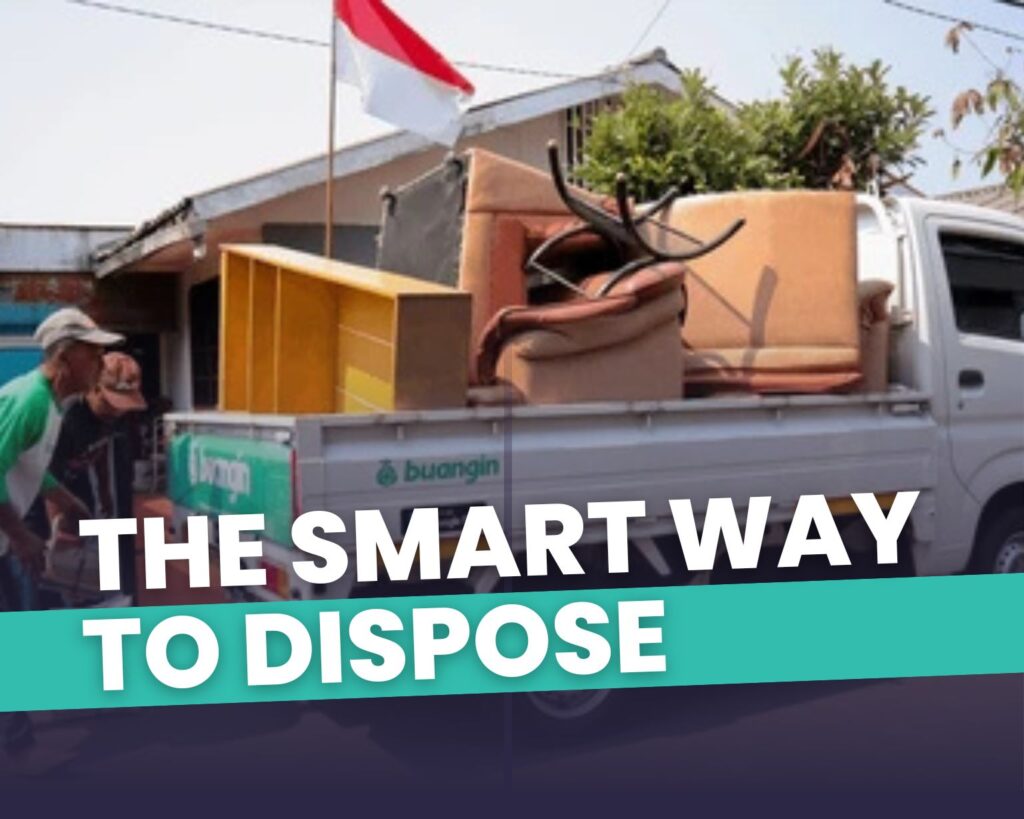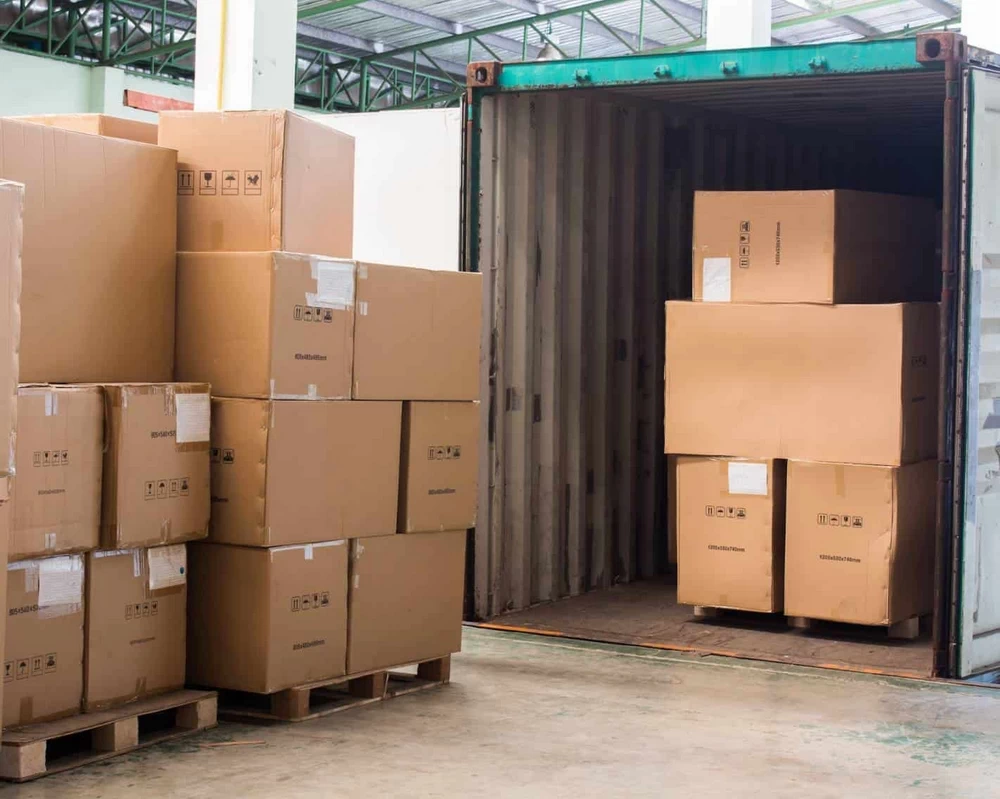How food donations can help others?

Jessica Gonzalez
Global Chief Executive | Founder Happen Ventures
Table of Contents
How Food Donations Can Help Others
Hunger is a pressing issue that affects millions of people worldwide. Food donations play a crucial role in combating this problem and providing relief to those in need. Individuals and organizations can participate in such initiatives, significantly impacting local and global communities.
Types of Food Donations
Non-perishable items
Non-perishable food items are those that have a long shelf life and do not require refrigeration. These include:
- Canned goods: vegetables, fruits, meats, and soups
- Dry goods: pasta, rice, cereals, and grains
- Long shelf life items: nuts, seeds, and packaged snacks
Perishable items
Perishable items require refrigeration and have a shorter shelf life. These include:
- Fresh produce: fruits and vegetables
- Dairy products: milk, cheese, and yogurt
- Meat and poultry: fresh or frozen
Prepared meals
Prepared meals are fully cooked dishes that can be easily reheated and consumed. These include:
- Leftovers from events: catered meals or buffet items
- Unsold food from restaurants: surplus dishes at the end of the day
How to Donate Food
- Locating a food bank or donation center
To donate, start by identifying a local food bank or donation center. These organizations typically have specific drop-off locations and times for accepting donations.
- Ensuring food safety and quality
When donating, it is essential to consider food safety and quality. Make sure items are within their expiration date, unopened, and free from damage or contamination.
- Understanding donation guidelines and restrictions
Each food organization or donation facility may have specific guidelines and restrictions on what types they accept. Be sure to review these requirements before making a donation.
As a volunteer, you can join and help with sorting and distributing. By working together, we can all make a difference.
Benefits of Food Donations
- Reducing food waste
Food donations help reduce waste by ensuring that surplus items reach those in need instead of ending up in landfills. This contributes to a more sustainable and environmentally friendly system.
- Supporting local communities
Donating helps address hunger within local communities, providing essential nourishment to those who may not have access to adequate nutrition.
- Promoting environmental sustainability
By reducing waste, donations also help minimize the environmental impact of food production and disposal. This supports global efforts towards sustainable development and resource management.
- Tax deductions and cost savings for businesses
Businesses that donate can often benefit from tax deductions and cost savings, making it a financially viable option for managing surplus inventory.
For a volunteer to join and help, they can contact their local food bank or donation site to inquire about volunteer opportunities. By working together as a community, we can help make a difference in the lives of those facing hunger and food insecurity.
Our Company’s Role in Food Donations
- Facilitating food donations
Our company plays an active role, in connecting donors with organizations in need of assistance. This streamlined process helps ensure that surplus items reach those who need them most.
- Connecting donors with organizations in need
We work closely with various food agencies, donation hubs, and nonprofit organizations to match them with donors, ensuring that resources are effectively distributed and utilized.
- Raising awareness about the importance of food donations
Through our outreach and advocacy efforts, we strive to raise awareness about the importance of donations and their role in addressing hunger and food insecurity.
Join us as a volunteer and help fight hunger in your local community. Together, we can work towards a more sustainable system where all have access to adequate nutrition.
How to Get Involved
- Volunteering at a food bank or donation center
Volunteering at a food agency or donation point is a hands-on way to contribute to hunger relief efforts. Volunteers may assist with tasks such as sorting and packing donated items, distributing them to recipients, or organizing drives.
- Organizing a food drive
Organizing a drive is another effective way to contribute to hunger relief efforts. Food drives can be organized within your community, workplace, or school, and involve collecting non-perishable items to donate to local food banks or donation centres.
- Donating items individually or as a business
Individuals and businesses can help and make a significant impact by donating items on a regular basis. Consider setting aside a portion of your grocery budget or inventory, ensuring that you contribute to alleviating hunger in your community.
- Spreading the word about donations and hunger relief efforts
Raise awareness about the importance of ongoing efforts to combat hunger by sharing information with friends, family, and colleagues. Utilize social media, newsletters, and community events to promote such initiatives and encourage others to participate.
You can also join and help with our company’s efforts. Join us as we help make a difference in communities facing hunger and food insecurity.
Conclusion
Food donations play a vital role in alleviating hunger and improving the lives of those who lack access to adequate nutrition. By donating food, volunteering at a food agency or donation centre, organizing food drives, and spreading awareness, individuals and businesses can help make a significant impact in the fight against hunger. As a company, we are committed to facilitating and supporting the efforts of organizations working to address this pressing issue. We encourage everyone to join us in this important mission, contributing to a more equitable and sustainable world.










